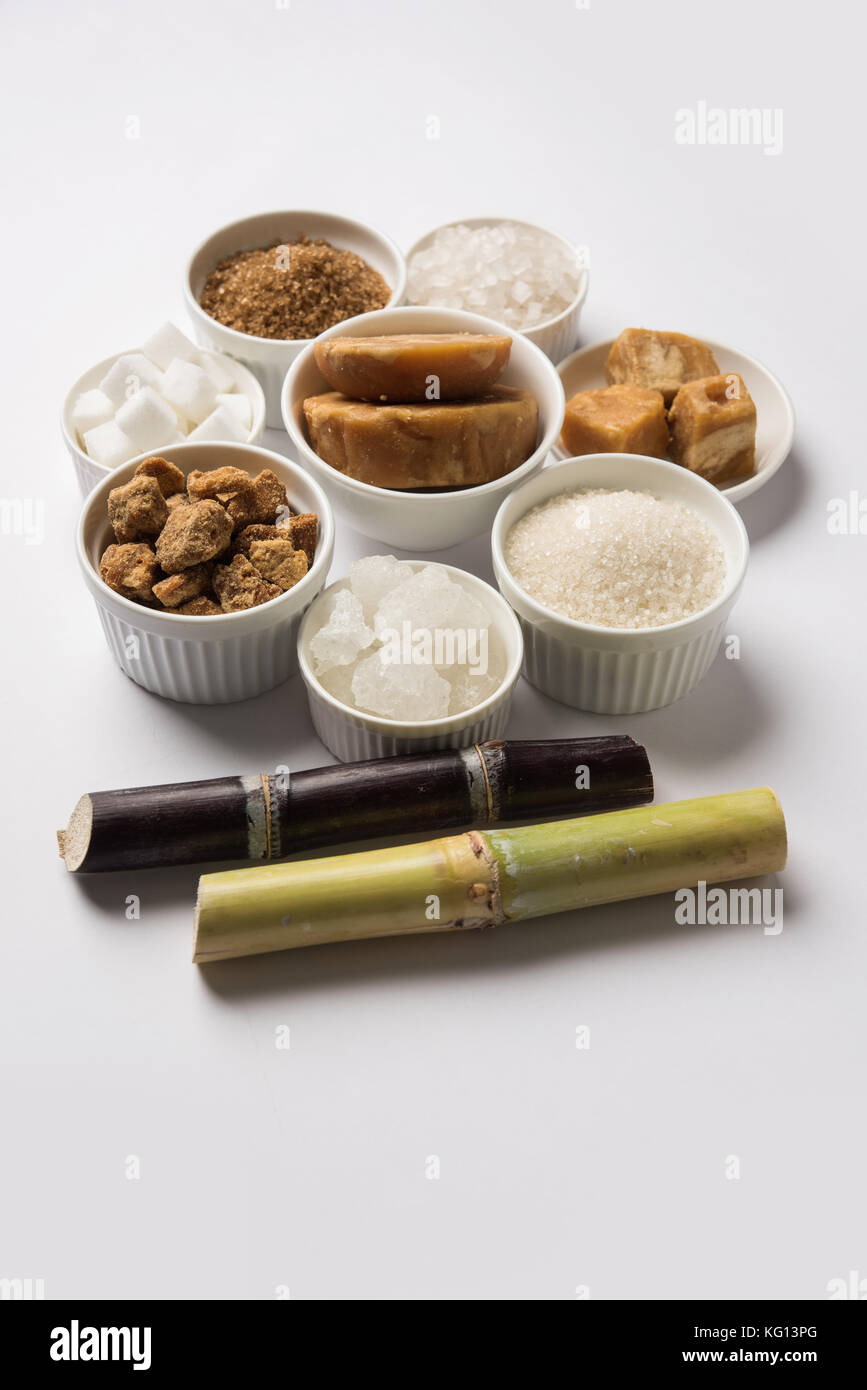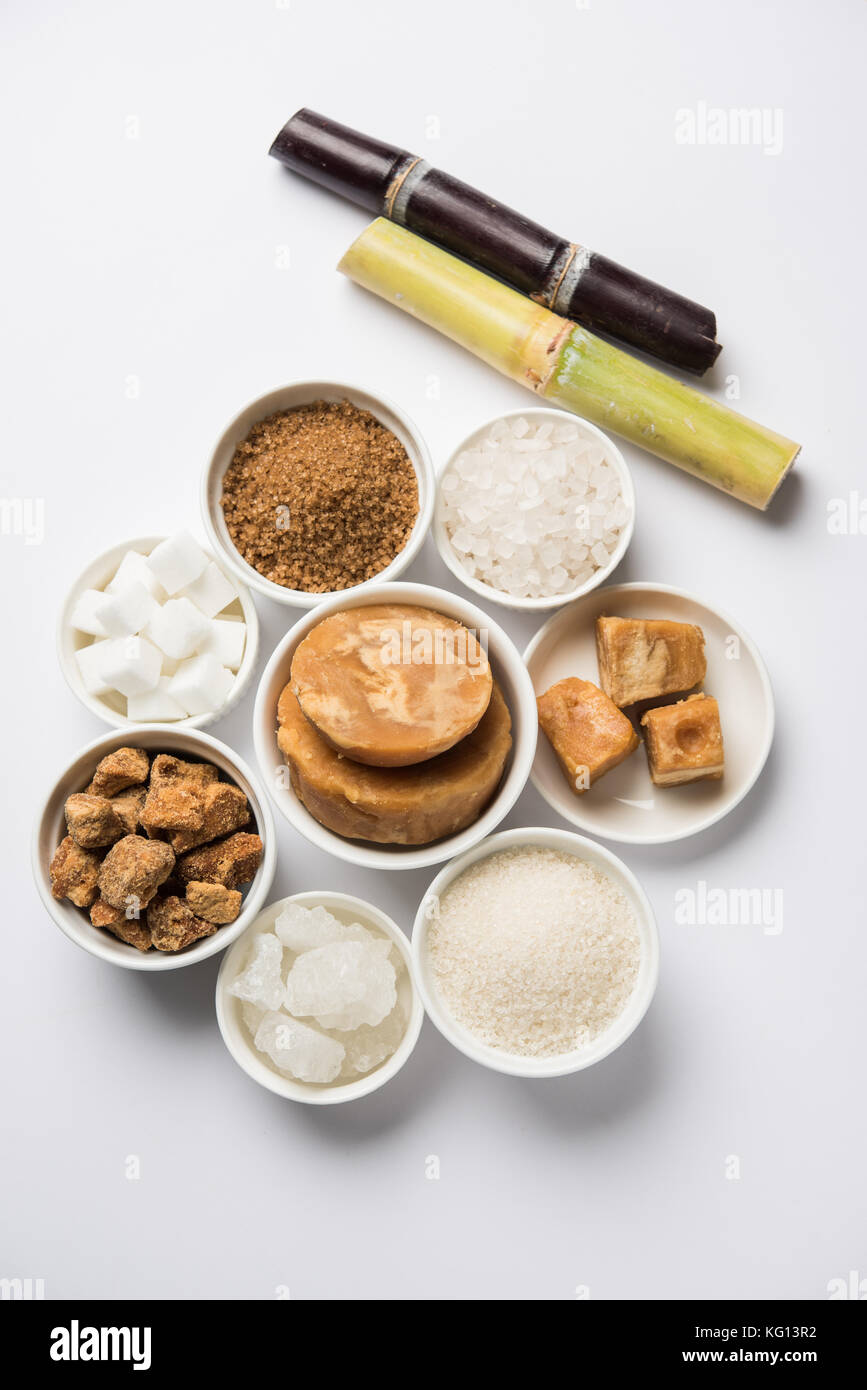Lasting Sugarcane Products: From Sweeteners to Eco-Friendly Goods
The possibility of lasting sugarcane items extends past conventional sweeteners to encompass a range of environmentally friendly products, offering an engaging instance for their integration into contemporary consumer techniques - sugarcane product. As the world comes to grips with pushing environmental concerns, sugarcane arises as a functional source efficient in dealing with both nutritional demands and sustainability objectives. This conversation will certainly check out how innovations in sugarcane cultivation and handling can lead to significant advancements in naturally degradable product packaging and eco-conscious fabrics. What ramifications might these advancements have for future customer choices and ecological effect?
Overview of Sugarcane Sustainability
As the demand for eco-friendly items expands, understanding sugarcane sustainability ends up being significantly crucial. Sugarcane, a functional plant, is grown mostly in subtropical and tropical regions, and its sustainability is important for both environmental health and wellness and financial stability. Sustainable sugarcane farming techniques concentrate on lessening ecological effect while making best use of productivity and earnings.
Key facets of sugarcane sustainability include efficient land usage, reduced chemical input, and boosted water monitoring. Practices such as plant rotation, incorporated pest monitoring, and organic fertilization add to dirt health and biodiversity. In addition, innovative innovations, such as precision agriculture, help optimize resource use and decrease waste.
Moreover, sugarcane is a renewable energy, with spin-offs that can be used in different sectors, from biofuels to naturally degradable plastics, therefore decreasing dependence on nonrenewable fuel sources and diminishing carbon impacts. Certifications like the Bonsucro typical urge sustainable practices throughout the supply chain, promoting transparency and liability.

Sugarcane-Based Sugar
Making use of sugarcane as a key source, sugarcane-based sweeteners have gained prominence as natural alternatives to polished sugars and man-made sweeteners (sugarcane product). These sweeteners, derived from the removal and processing of sugarcane juice, provide a variety of products that cater to diverse consumer choices, consisting of organic and minimally processed choices
Among one of the most notable sugarcane-based sugar are raw cane sugar, panela, and molasses. Raw walking stick sugar keeps even more of the natural tastes and nutrients discovered in sugarcane, making it a favored option for health-conscious customers. Panela, a standard Latin American sweetener, is generated by vaporizing sugarcane juice, protecting its all-natural minerals and vitamins. Molasses, a by-product of sugar removal, is abundant in antioxidants and vital nutrients, functioning as a healthy sweetening representative in different cooking applications.
The growing demand for sugarcane-based sweeteners is driven by increasing awareness of health and wellness and sustainability issues connected with standard sweeteners. By selecting sugarcane-derived products, customers not only support lasting agricultural methods yet also add to a healthier way of life, aligning their nutritional selections with their environmental values.
Biodegradable Packaging Solutions
Emerging as a sensible choice to traditional plastics, biodegradable packaging solutions stemmed from sugarcane are transforming the packaging market. These cutting-edge materials give an eco-friendly alternative that attends to the expanding worries over plastic contamination. Utilizing the natural sugars discovered in sugarcane, makers are establishing different types of naturally degradable packaging, including films, containers, and covers that break down extra quickly than traditional plastics.
The primary benefits of sugarcane-based packaging hinge on its sustainable sourcing and its capability to break down into non-toxic by-products. Unlike fossil fuel-derived plastics, which can linger in the environment for centuries, sugarcane packaging normally disintegrates within a few months under appropriate conditions. This decrease in waste not only minimizes land fill overflow yet also lowers the carbon impact associated with product packaging products.
Furthermore, sugarcane-derived product packaging maintains robust performance features, using comparable resilience and performance to conventional options. As consumers and companies significantly prioritize sustainability, the adoption of eco-friendly product packaging options represents a significant action in the direction of a round economic climate, where products are recycled and regenerated as opposed to thrown out. This change not only boosts brand name picture but likewise adds to a more sustainable future for the world.
Eco-Friendly Textiles and Fabrics
Environment-friendly fabrics and materials are obtaining grip in the style and home items industries as consumers significantly demand sustainable choices to standard materials. Among the significant alternatives are fabrics acquired from sugarcane, which use an ecologically responsible alternative to synthetic fibers. These fabrics are created through a procedure that uses the renewable energies located in sugarcane, significantly reducing reliance on petroleum-based materials.

Brand names are significantly incorporating eco-friendly textiles into their product, showing a more comprehensive dedication to sustainability. This change is not just a trend but a necessary evolution in reaction to environmental worries. As the marketplace for lasting fabrics broadens, customers can eagerly anticipate cutting-edge layouts that incorporate design with eco-friendly duty. Eventually, green fabrics and materials read stand for a considerable step toward decreasing the fashion business's ecological impact while providing to the growing demand for responsible consumer selections.
Technologies in Lasting Farming
Revolutionizing farming practices, innovations in lasting farming are transforming the means plants are expanded and handled. These improvements focus on reducing ecological influence while maximizing performance and productivity.

In addition, agroecology, which incorporates environmental principles right into farming, promotes biodiversity and dirt wellness. Practices such as crop turning, cover cropping, and intercropping foster resistant ecological communities that can hold up against pests and climate variants - sugarcane product. In addition, making use of organic fertilizers and biopesticides contributes to healthier soils and communities

With each other, these advancements are not only reshaping the farming landscape but likewise adding to a much more lasting future for sugarcane and other crops, straightening agricultural techniques with environmental stewardship.
Conclusion
Sustainable sugarcane items represent a considerable advancement in green alternatives, extending from natural sugar to biodegradable products. As customer preferences significantly lean towards sustainable options, the convenience of sugarcane as a renewable source ends up being increasingly appropriate.
The possibility of sustainable sugarcane products expands past conventional sugar to incorporate a range of green goods, presenting an engaging instance for their integration into contemporary customer techniques. Sustainable sugarcane farming practices focus on decreasing ecological impact while making the most of efficiency and productivity.
Lasting sugarcane products represent a significant improvement in green choices, spanning from all-natural sugar to eco-friendly items. The cultivation of sugarcane through sustainable practices not only improves environmental health and wellness however likewise contributes to economic feasibility. As customer choices progressively lean in the direction of lasting choices, the adaptability of sugarcane as an eco-friendly source ends read this up being progressively appropriate.
 Joseph Mazzello Then & Now!
Joseph Mazzello Then & Now! Lark Voorhies Then & Now!
Lark Voorhies Then & Now! Sydney Simpson Then & Now!
Sydney Simpson Then & Now! Elin Nordegren Then & Now!
Elin Nordegren Then & Now! Nancy Kerrigan Then & Now!
Nancy Kerrigan Then & Now!